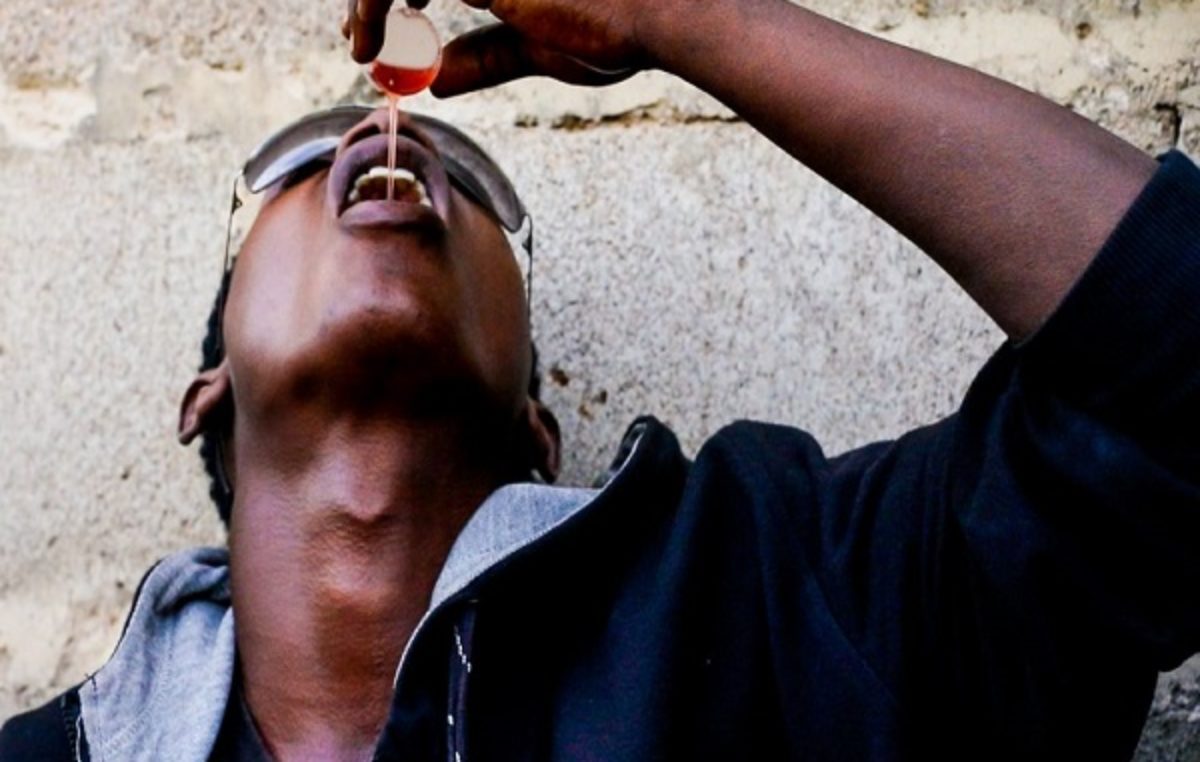Lagos Alerts Residents On Outbreak Of Lassa Fever
Lagos State Commissioner for Health, Dr. Jide Idris on Wednesday alerted Lagos residents on outbreak of Lassa fever in some parts of the country, imploring members of the public to support the government in its efforts to reduce the spread of communicable diseases in the state.
Idris, who stated this at the state government Secretariat located in Alausa, Ikeja area of the state while speaking on the outbreak of Lassa fever in some parts of the country added that the signs and symptoms typically occur within three weeks after the patient comes into contact with the virus.
He listed early symptoms of the disease to include fever, headache, chills, diarrhea, nausea, vomiting, sore throat, backache, and joint pains, adding that late symptoms include bleeding from the eyes, ears and nose as well as mouth and rectum, eye swelling, swelling of the genitals and rashes all over the body that often contain blood as severe cases could progress to coma, shock and eventual death.
Idris said while the state government is leaving no stone unturned in improving the healthcare service delivery of the people through huge investments in the sector, Lagosians need to prevent a spread by observing a high level of personal and environmental hygiene and avoiding contacts with rats, ensuring proper collection and disposal of waste, covering all foods including left-overs and water properly, as well as washing hands properly before and after cooking of foods, blocking all rat hideouts and storing food items in rodent-proof containers.
He also advised health workers who occupy an important position in the delivery of healthcare services to the people to be at alert and have a high index of suspicion for Lassa fever and other viral haemorrhagic.
“Health workers should report any suspected case to the Primary Health Department in their various Local Government or the Ministry of Health, observe universal safety precautions when attending to all patients and wear appropriate Personal Protective Equipment (PPE) when attending to suspected or confirmed cases,” he advised.




